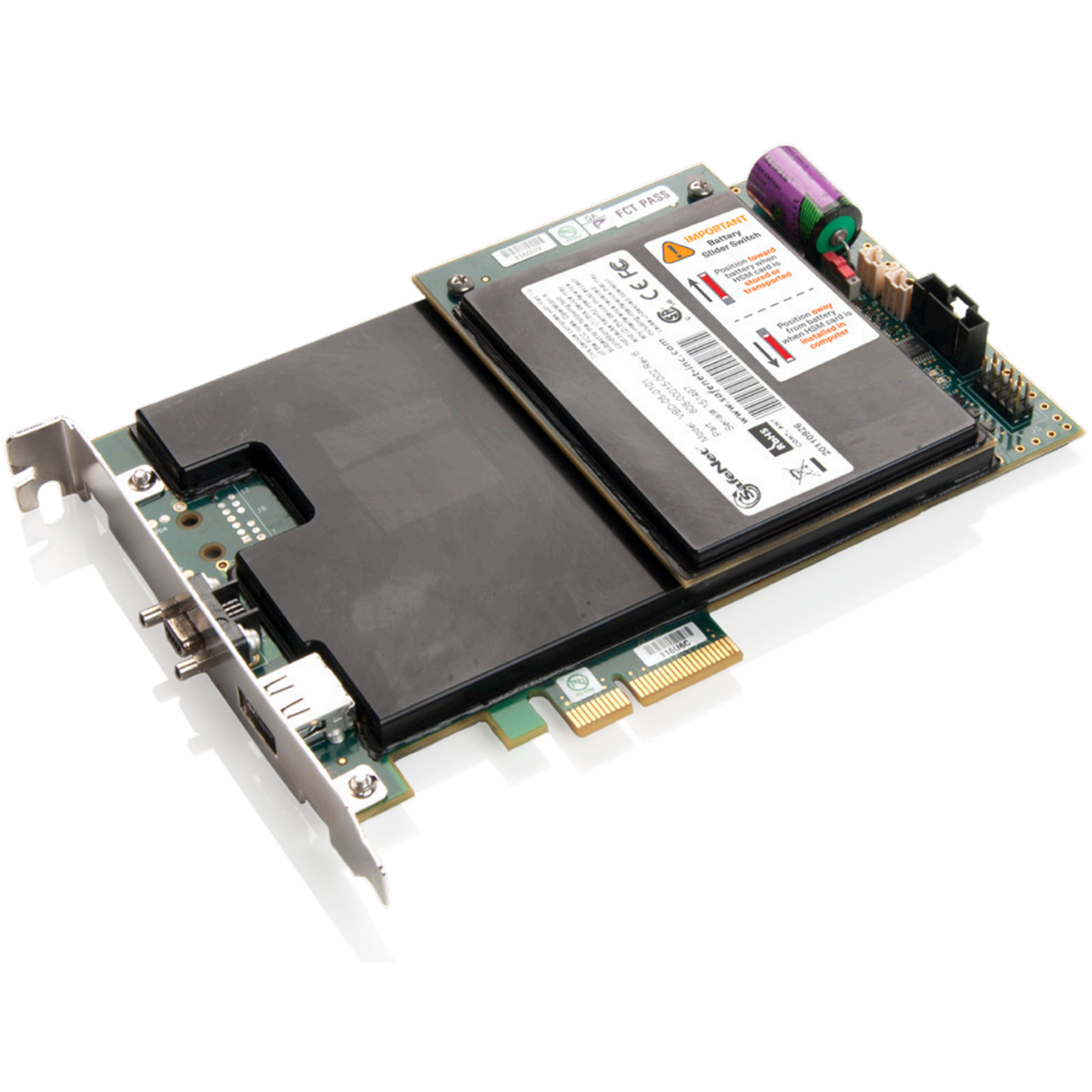Decryption and encryption processes are carried out by hardware security modules for digital signatures, authentication, and other cryptographic procedures. They are specifically made to keep cryptographic keys secure for a long time.

Revenue from the hardware security module (HSM) industry was US$ 1.2 billion in 2021. The market is anticipated to increase at a 16.2% CAGR from 2022 to 2032, reaching US$ 6.6 billion.
An innovative platform for managing and protecting cryptographic keys for robust authentication is a hardware security module. Additionally, it is utilized to safeguard physical equipment against dangers that could permit unauthorized access to a company's systems.
Hardware security modules protect data, identities, and network transactions by improving encryption procedures. As a result, businesses all over the world are focused on investing in HSMs to increase data security, reduce risks, foster customer trust, uphold high service standards, and achieve agility.
Request Sample Report @
https://www.futuremarketinsights.com/reports/sample/rep-gb-9275
The size of the global hardware security module (HSM) market is projected to increase between 2022 and 2032 at a CAGR of 16.2%, according to a report by Future Market Insights (FMI).
The survey also predicts that by the end of 2022, the market for hardware security modules would be worth US$ 1.47 billion. The loss of confidentiality, integrity, and availability of vital data is a result of the exponential rise in cyberattacks. Due to this, businesses are now concentrating on implementing encryption management platforms that offer a high level of protection to safeguard their infrastructure and data.
Key Takeaways: Hardware Security Module Market
“Companies are adopting PCIe-based HSMs to protect online payment applications and credit card transactions. The ability of these HSMs to offer stronger centralized control via secure remote management, transmission, and backup is fuelling demand in the market,” says an FMI analyst.
Ask an Analyst @
https://www.futuremarketinsights.com/askus/rep-gb-9275
Increasing Adoption of Digital Signatures to Open New Opportunities for Key Players
Many document-based processes in a wide range of industries require signatures. Physical signatures tend to slow down their operations as they are easily alterable, tampered with, and inconvenient in today’s world.
A digital signature is generally viewed as safer than a physical signature that is used on a paper-based document. Digital signatures can authenticate electronic documents by providing data integrity and non-repudiation. They are considered to be the most convenient way to sign important documents such as contracts and invoices.
Hardware security modules are used to initiate digital signing by using long-term and short-term signature certificates. HSMs provide a safe environment required to generate and protect cryptographic keys that are needed to validate sensitive data. These help in saving costs and automating workflows while also ensuring document integrity and meeting compliance.
Competitive Landscape
To establish a strong foothold in the lucrative hardware security module market, key players are focusing on adopting various organic and inorganic strategies. They are mainly engaging in collaborations with local companies, new product launches, acquisitions, and partnerships, as well as expansion of regional and global distribution networks to compete with their rivals.
In February 2022, Securosys and Randtronics established a strategic agreement to integrate the former’s CloudsHSM portfolio with the data privacy manager (DPM) of Randtronics. Enterprises can use the hardware security module of Securosys with Randtronics’ DPM to securely manage their cryptographic keys throughout their organizations.
Report Customization available @
https://www.futuremarketinsights.com/customization-available/rep-gb-9275
Hardware Security Module Market Outlook by Category
By Type:
By Application:
By Sales Channel:
By Industry:
By Region:
Future Market Insights, Inc. (ESOMAR certified, Stevie Award – recipient market research organization and a member of Greater New York Chamber of Commerce) provides in-depth insights into governing factors elevating the demand in the market.
Hardware Security Module Market review , outlook , forecast , demand , size , share , key trends , analysis , Research , overview
Jun 05, 2023